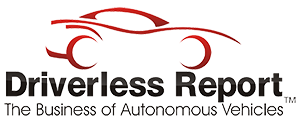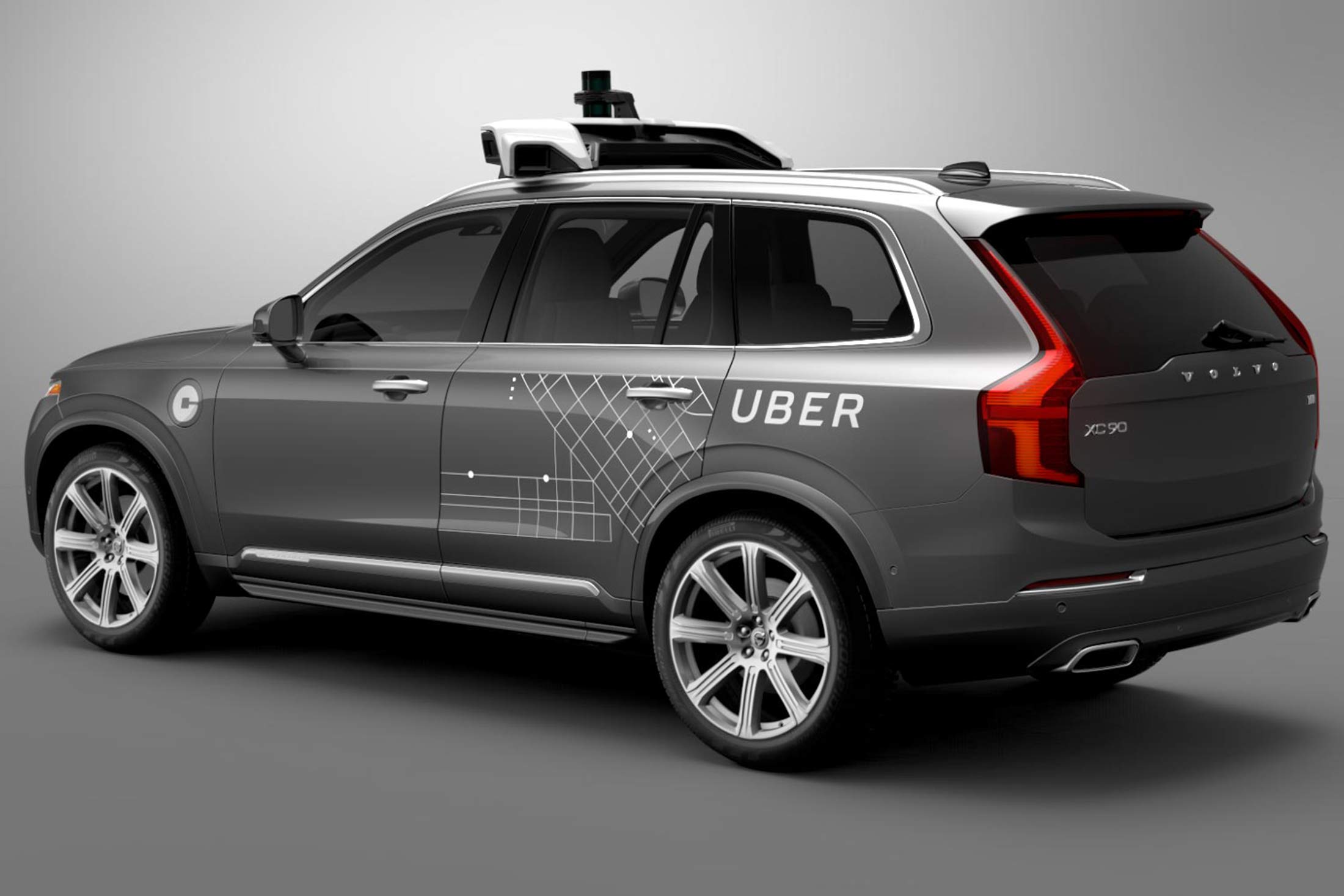A federal criminal probe of Uber Technologies Inc. investigating whether the company stole driverless car trade secrets from Waymo could freeze a high-stakes trial between the two companies.
A decision to halt the civil case would be up to U.S. District Judge William Alsup in San Francisco, who last week postponed the trial until Dec. 4. The reason for the delay was to give Waymo more time to evaluate a 2016 report commissioned by Uber to vet its hiring of Levandowski.
A criminal probe isn’t completely surprising, given Alsup asked federal prosecutors in May to investigate the claims in the case.
Information Sharing
That said, most of the pretrial information sharing and testimony has already been exchanged by both sides in the civil litigation, which may allow a criminal investigation to proceed without interfering with the civil suit. Both Uber and Otto Trucking last week opposed delaying the trial, which may also indicate executives at the companies feel they have little to fear from testifying.
Abraham Simmons, a spokesman for the U.S. Attorney’s Office in San Francisco, said the office doesn’t comment on the existence or non-existence of any investigation. Matt Kallman, a spokesman for Uber, declined to comment. Miles Ehrlich, Levandowski’s lawyer, didn’t immediately respond to an emailed request for comment.
Second Shoe
The effect on the civil case of an outcome in the criminal case depends on how much of a “match” there is between the allegations in each, Pooley said.
“It’s important to note that criminal charges can be based on a mere attempt to misappropriate, or a conspiracy to misappropriation, while in general a civil case requires an actual misappropriation,” he said. “It’s conceivable that there could be a guilty finding in an ‘attempt’ criminal case, with little effect on the civil case.”
The criminal investigation by federal prosecutors into Waymo’s claims is the second shoe to drop, Pooley said. He cautioned that so far, it’s only an investigation, one step of many in the process that could potentially result in charges being filed.
“This is not the second of two shoes — it’s many shoes, and they may decide not to proceed,” he said, referring to prosecutors.
The case is Waymo LLC v. Uber Technologies Inc., 17-cv-00939, U.S. District Court, Northern District of California (San Francisco).



























